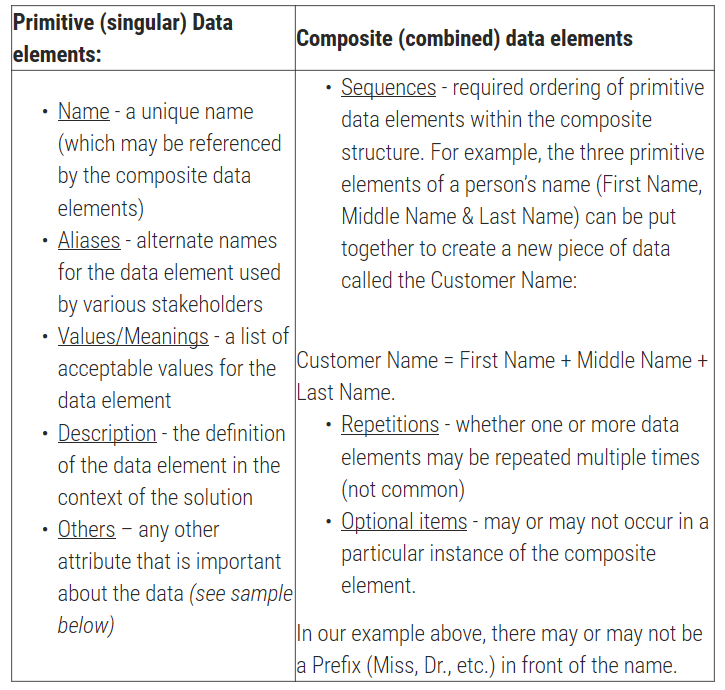
What do you see when looking at this image? At first glance, it appears almost as if an artistic painting, but if you study it closer, you notice the combination between colored and sized circles in a diagram. This is what data looks like.
Data. Data. Data. Data is like the sand in your car after a day at the beach – it’s everywhere! Almost every element of modern life has data that can be tracked, from tracking weather patterns in Denver, Colorado to recording the most common flu search terms on Google. But have you ever stopped and wondered, what even is data? Data is an accumulation of both qualitative and quantitative information, such as numbers, words, measurements, observations, or descriptions. The more data that is available, the more powerful the subsequent interpretations of it can be; it’s all about turning data into actionable insights.
Digible’s Focus on Data
Based on Digible’s mission as a company to deliver multi-platform digital marketing solutions for the multifamily apartment industry, big data is essential to analyzing information for the goals of:
-
Making better decisions: By aggregating and interpreting data, our team uncovers solutions that improve user experience, drive web traffic, and optimize search. Digible takes pride in finding the needle in the haystack of data!
-
Assist to solve problems: Through the constant monitoring of data, Digible can flag anomalies that can help trouble shoot issues before they start.
-
Provide insights to performance: With the help of computer programming and some number crunching, Digible provides benchmarking metrics that add clarity to performance monitoring
-
Improve processes: With the data collected, our team can design and implement more efficient business processes, helping our clients save time and money!
-
Understanding the consumers and the market: Digible works tirelessly to help customers better understand the markets they operate in. Max Levchin, Co-Found of Paypal, states “The world is now awash in data and we can see customer say lot clearer ways”. We couldn’t agree more, Max!
Data + Dictionary: It’s a perfect match!
According to Carl Anderson, director of Data Science at Weight Watchers, a data dictionary is “one of the most valuable artifacts that a data team can deliver to the business”. A data dictionary can almost be thought of as a business glossary, which contains documentation of terms and metrics a company uses to sort, organize, and clean their data. Data dictionaries incorporate data elements, their characteristics, and possible values. Once a data dictionary is created in document format, all members of the data team can reference the archive to understand the data as a whole in the same manner. The benefits of a data dictionary can include more clarity toward onboarding new staff and allowing the Business Intelligence (BI) team to openly recognize requirements for implementation and manipulation of those metrics. The proposed audience for a data dictionary is aimed for a technical audience, such as Business Intelligence (BI) Analysts.
So, how exactly does this help Digible achieve its data-driven goals?
Here are five ways:
-
Data consistency across a project or multiple projects.
-
Best practices are defined across a project or multiple projects.
-
Cohesion amongst collecting and manipulating data across all members of the data team is maintained.
-
Clean data is easier to analyse and interpret.
-
Data standards are always enforced.
Here is a basic construction of a data dictionary format.

Elements of a Data Dictionary
Digible has developed a data dictionary describing all the data needed to analyze, interpret, and extract information that helps our customers thrive. This document provides clarity among the data team, allowing us to quickly get down to the business of harnessing insights (“Why is Data Important for Your Business?”). The steps Digible’s Data Team followed to create our precious Data Dictionary included:
-
Collect all relevant data terms.
-
Defining the data terms to understand the relevance of each data term.
-
Noticing possible conflicts amongst data terms.
-
Aligning data terms for use.
-
Maintaining changes in data terms over time.
This Dictionary serves as the Data Team’s Northern Star, guiding Digible through forests of data towards powerful solutions for all its constituents!
Do you like diving into data? Drop us a line!








